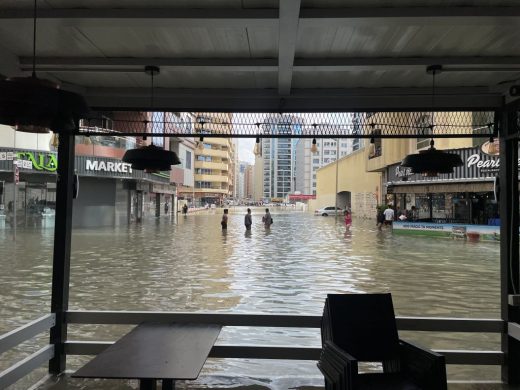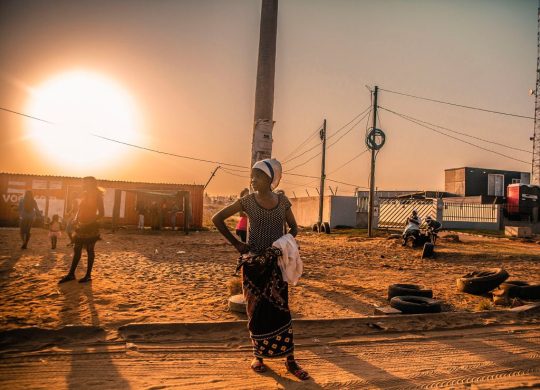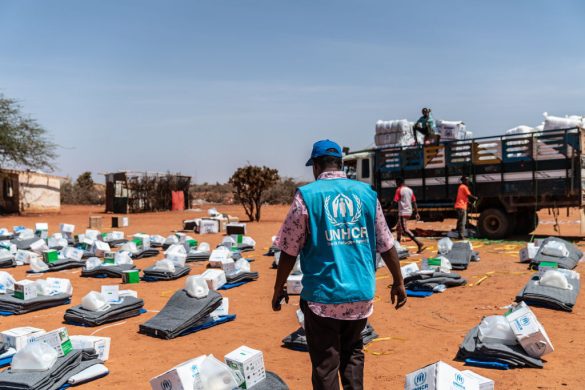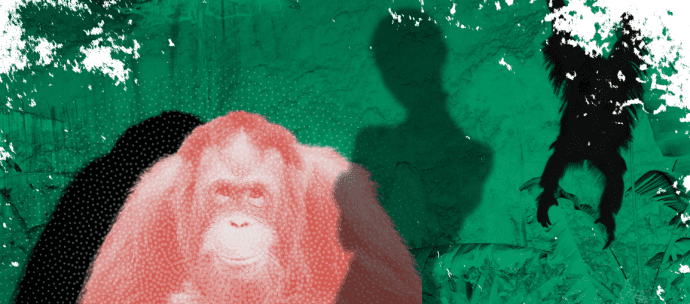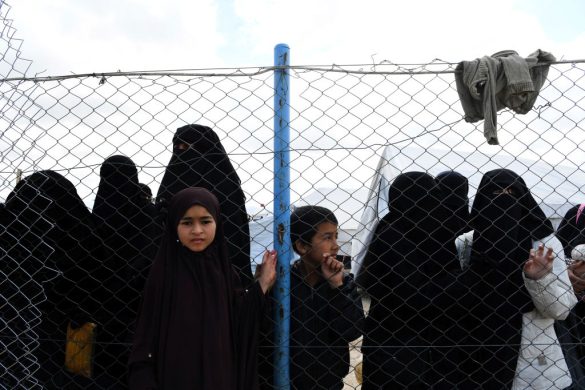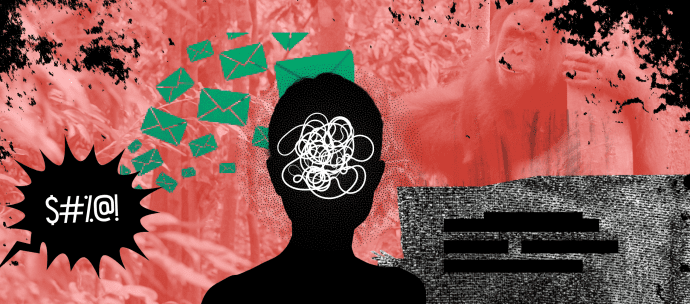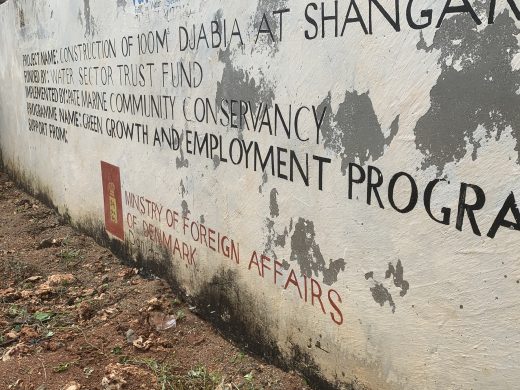When Cris Gera released ‘Chema Zimbabwe’ (Cry for Zimbabwe) in 2016 he saw it as a lament – a prayer for his troubled country and its deepening economic, social and political crises.
Andre så det anerledes
Soon after its release Gera got a call from an unidentified caller warning him of dire consequences because of his song: “You will die young because of that song of yours and leave your family without a breadwinner. We will get you.”
Because his song was not aimed at anybody, but just a commentary on what was happening, Gera did not take the threat seriously. However, when unknown people turned up at his home looking for him, he knew that he was a wanted man.
“The people stopped by at least three times during my absence. They did not identify themselves they just said they were my ‘friends’,” Gera said in a recent telephone interview with Freemuse from South Africa where he moved following the threats. “I felt threatened and members of my family and friends suggested that I should leave the country until things cooled down.”
Thus in December 2016 he left his beloved Harare for Johannesburg, South Africa.
Gera does not know who was behind the threats, but does not think the government was behind them.
“I live in a highly politicized neighbourhood and I suspect some overzealous members of the ruling party took it upon themselves to intimidate me. Maybe they would be rewarded for it, I am not sure, but it was unnerving.”
Gera describes himself as “a small guy” and does not understand why his song ruffled feathers to the extent of getting people to think he was aiming his lyrics at the authorities.
The fact that some of his music is still played on state-owned radio, he explained, is proof enough that those who threatened him are not linked to the government. But the fact that Gera did not bother reporting the incidents to the police is indicative of the uncertainty that pervades Zimbabwe these days; one does not know whom to trust.
Politik og censur
A former head of one of the state-owned Zimbabwe Broadcasting Corporation (ZBC) stations who spoke to Freemuse on condition of anonymity says artists are not banned outright from having their songs played.
“Depending on the political situation at a given time, a song or songs may be put on a list of those that cannot be played on the radio,” the source said.
The former broadcasting head gave the example of a song that celebrated liberation from colonialism and praised the leaders of the anti-colonial movement, including late Vice President Joshua Nkomo. The song came out during a violent misunderstanding between President Mugabe and Nkomo, who fled the country fearing for his life.
Thousands of people from Matabeleland, Nkomo’s home and political base, were killed by the army.
“So, a song that gets a lot of airplay can suddenly be ‘banned’ depending on current events and the whims of government or radio station officials without it being officially banned by the Censorship Board.”
The former broadcasting head added that DJs also practice self-censorship: “You are not going to play anything that can be interpreted as anti-government or against the ruling party.”
Radioens magt
Musicians also tread carefully as radio is the surest way to get their music to the people. Leonard Zhakata found out the hard way in 2008 that having one’s music played by state radio is a privilege that can be denied if one is perceived to be politically incorrect.
The fact that Zimbabwe now has a handful of “independent” radio stations has not provided any musicians deemed critical and politically incorrect a home where their music can be played because the government has made sure to licence only those who are its supporters
“We really do not have any independent radio stations in this country, they are just extensions of ZBC,” said the former broadcasting head.
As for Gera, he intends to lie low for a while in his South African bolthole until things cool down a bit back home. The 36 year-old father of two says he is homesick and hopes to come back home by the end of the year.
“I am not a politician and I am not one of the major stars in Zimbabwe, so I don’t see any reason why somebody should be offended or threatened by my music.”
Teksten til 'Chema Zimbabwe' oversat til engelsk
The country and all that’s in it belongs to Jehovah
God look at what’s happening
There are some who have taken the country and made it their own
There are some who have taken Zimbabwe and made it their own
There are some who have taken and divided it amongst themselves
There are some
They are the only ones with full stomachs, while some of us sleep on empty stomachs
They are the ones with full stomachs, while some of us are struggling
They are the ones who fill their granaries, while we have nothing to eat
We also like nice things, everyone likes nice things
It’s an issue of bread and butter, my fathers
That’s why we are crying
It’s an issue of poverty and unemployment, that’s all
It’s an issue of bread and butter, my fathers
That’s why we are crying
It’s an issue of corruption, there is too much corruption
That’s making us cry
Our elder, we beseech you
We are not disrespecting you, please hear us
We want jobs, we want food
We are hungry, please fix things
We are your children, we beg you
A child who does not cry will die strapped to its mothers back
If my people are united and cry to me, I shall hear their cry and answer them, so says God
We shall be made strong
Cry Zimbabwe, Cry for Zimbabwe, don’t be silent
Cry for Zimbabwe but do it peacefully





